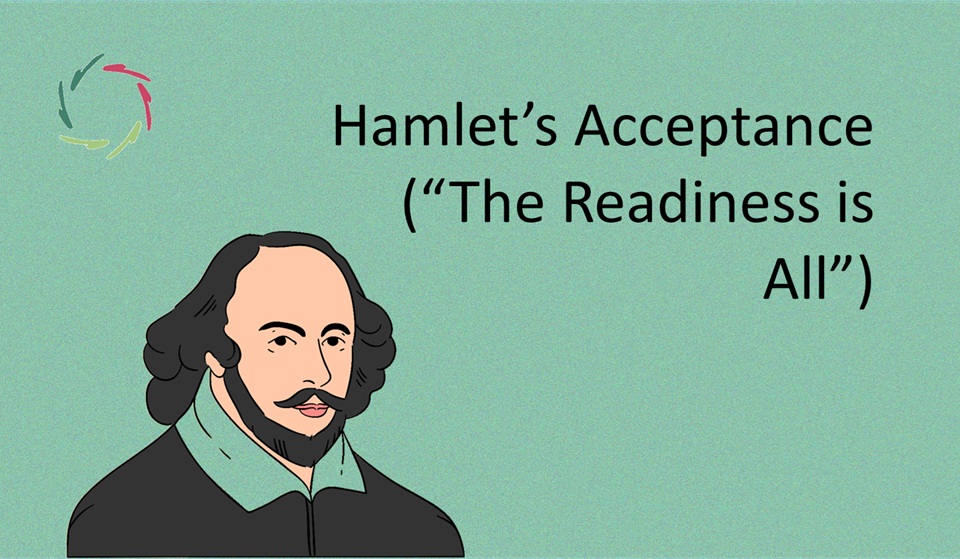The Art of Feedback

In feedback, you find ‘to feed’ = ‘to give food.’ Nutrition is necessary to grow. The purpose of feedback is GROWTH. Otherwise, it’s pointless.
Letting it muddle through turns small fires into more significant fires.
Thus, if something is not optimal, you have a responsibility to point this out, together with:
- giving suggestions for improvement
- providing the necessary to implement this improvement
- deciding this together
- ensuring openness.
It’s always an emotional affair.
Giving attention to the concerned person is also always important (not just in an email). If this attention is poorly given, one risks in response:
- a retreat
- shifting blame to others
- returning emotional criticism
- low motivation, low will to change
- silent resistance and ‘sabotage’ (consciously or unconsciously).
Tips for giving feedback.
ESPECIALLY: keep in mind the meaning level. At this level, there is often a strong sensitivity.
Show that you want to understand the other as well as possible. Also, really make an effort to come to this understanding.
My few tips:
- Show that you want to understand the other as well as possible. Also, make an effort to come to this understanding.
- Give a lot of positive feedback. This is very motivating. People often learn a lot from this.
- Describe only changeable behavior. So, no criticism of what someone is.
- Clearly describe a concrete behavior that you have seen or heard yourself. Avoid words like ‘always’ and ‘never.’ Don’t just rely on the knowledge of others.
- Use a spacious I-message. For instance: “I’d like it to be different.”
- Indicate the effect that some behavior has on you. Feel free to involve your emotions. Show the consequences of the behavior for you. Let the other empathize with your feelings.
- Let your conversation partner respond. Allow time for this. Also, guide that response to some depth if possible.
- Avoid accusations. You have no use for the anger of others. Provide precise and neutral wording that avoids any accusatory interpretation if possible.
- Make sure you know what you want to achieve. Well, subtlety. No vagueness.
- Explore solutions or backgrounds together. Create a sense of co-responsibility.
- Appreciate the silence in which the other person can come to their own ‘feedback.’ The feedback that comes from the person himself is always the most ‘growing.’
I hope this brings you somewhere.
Self-learning
Of course, this is a perfect situation to learn from feedback about how to give feedback. It’s a self-perpetuating pattern.
I hope that, eventually, this brings you very far.
Enjoy the ride!


